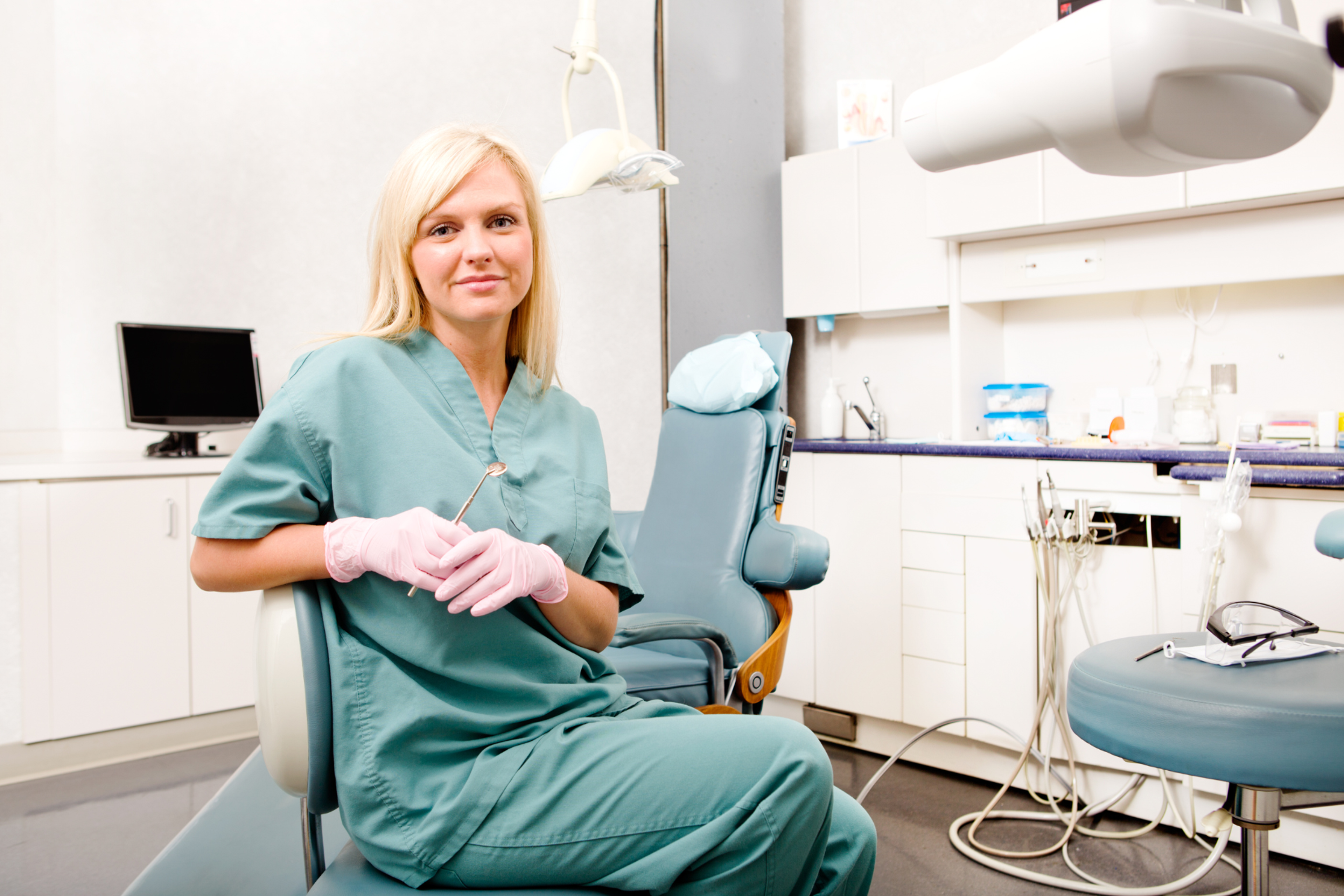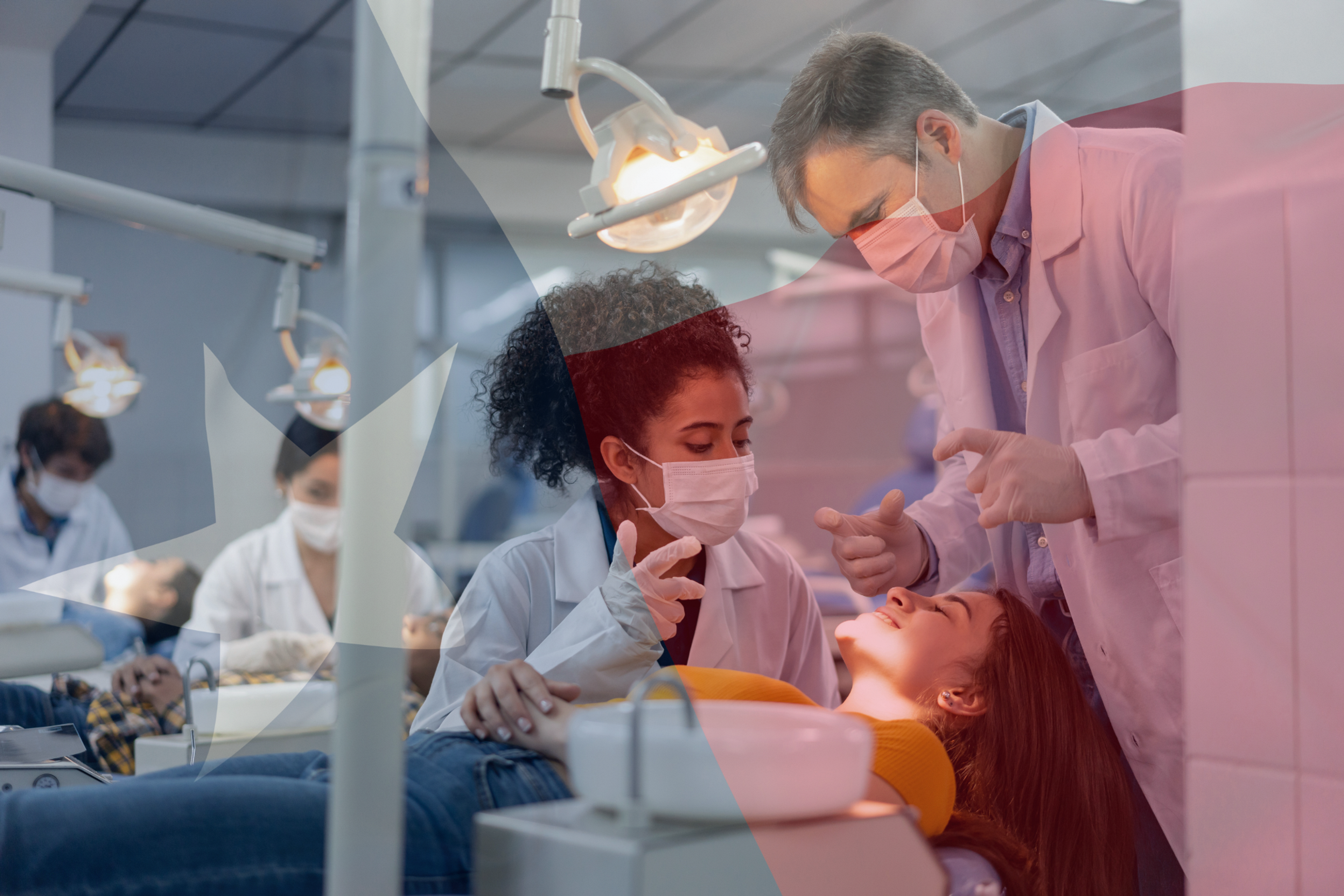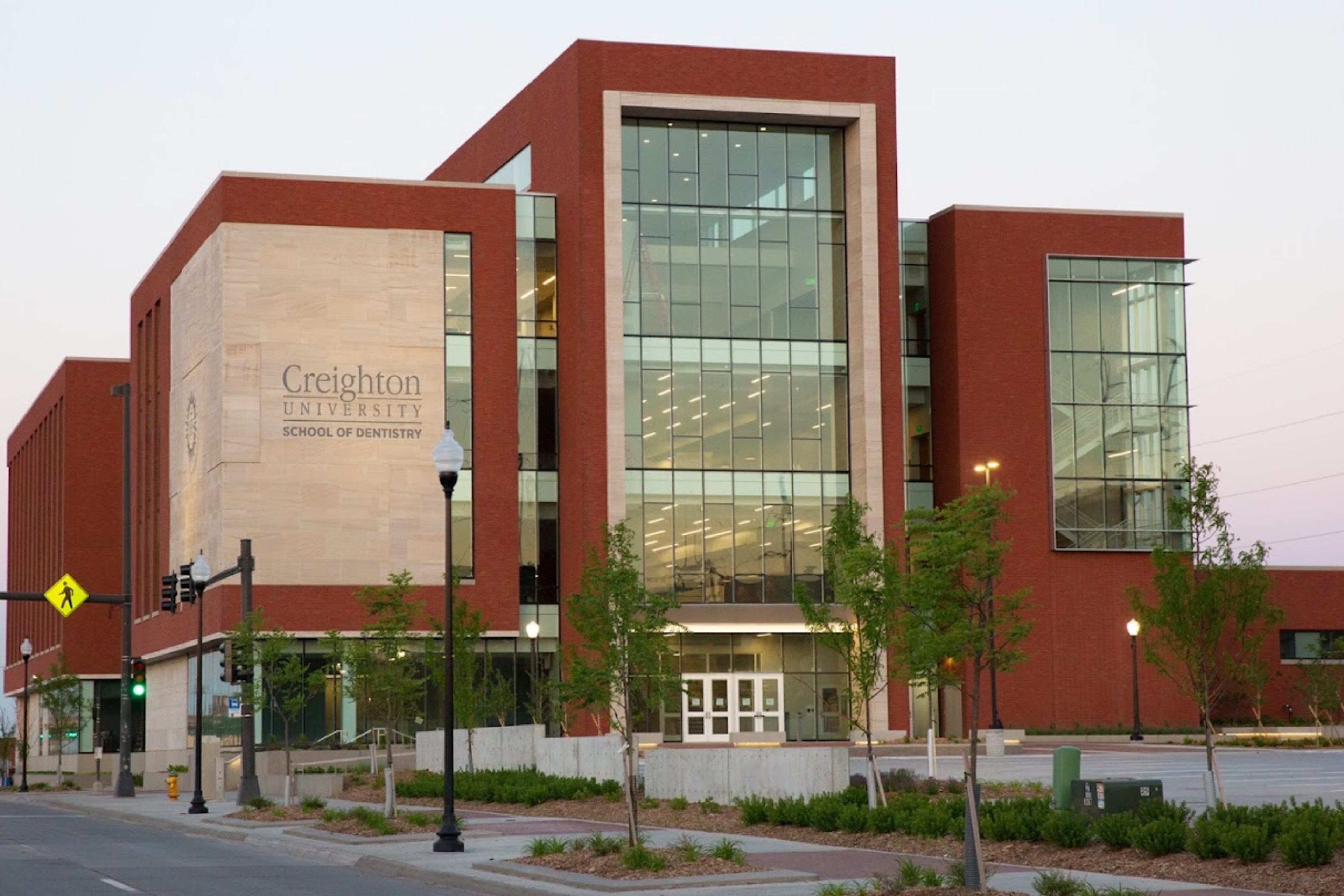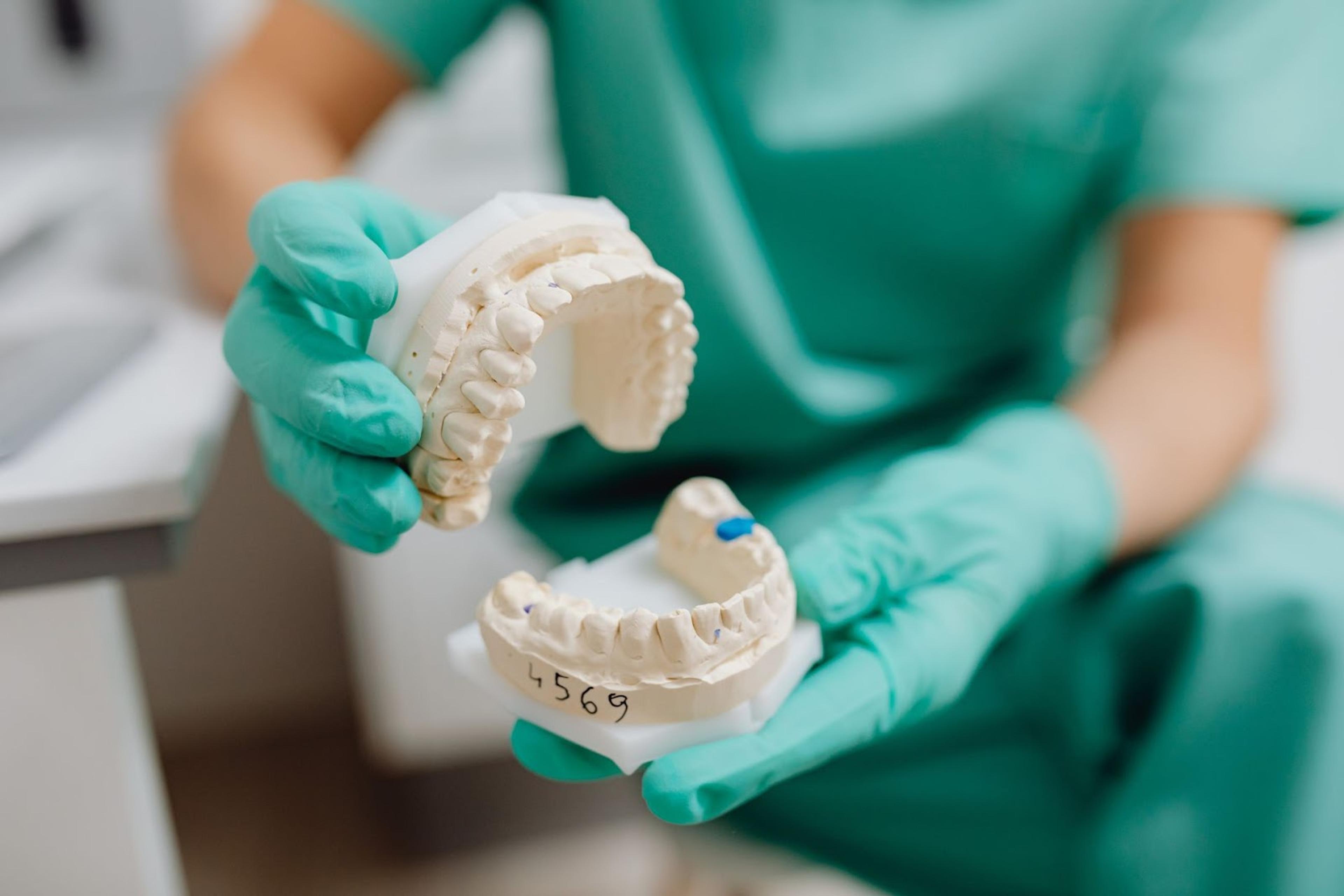Top 10 Best Pediatric Dental Residency Programs (2025)
Looking for the best pediatric dental residency programs in 2025? Explore top schools offering hands-on training, clinical experience, and research opportunities in pediatric care.
Posted June 13, 2025
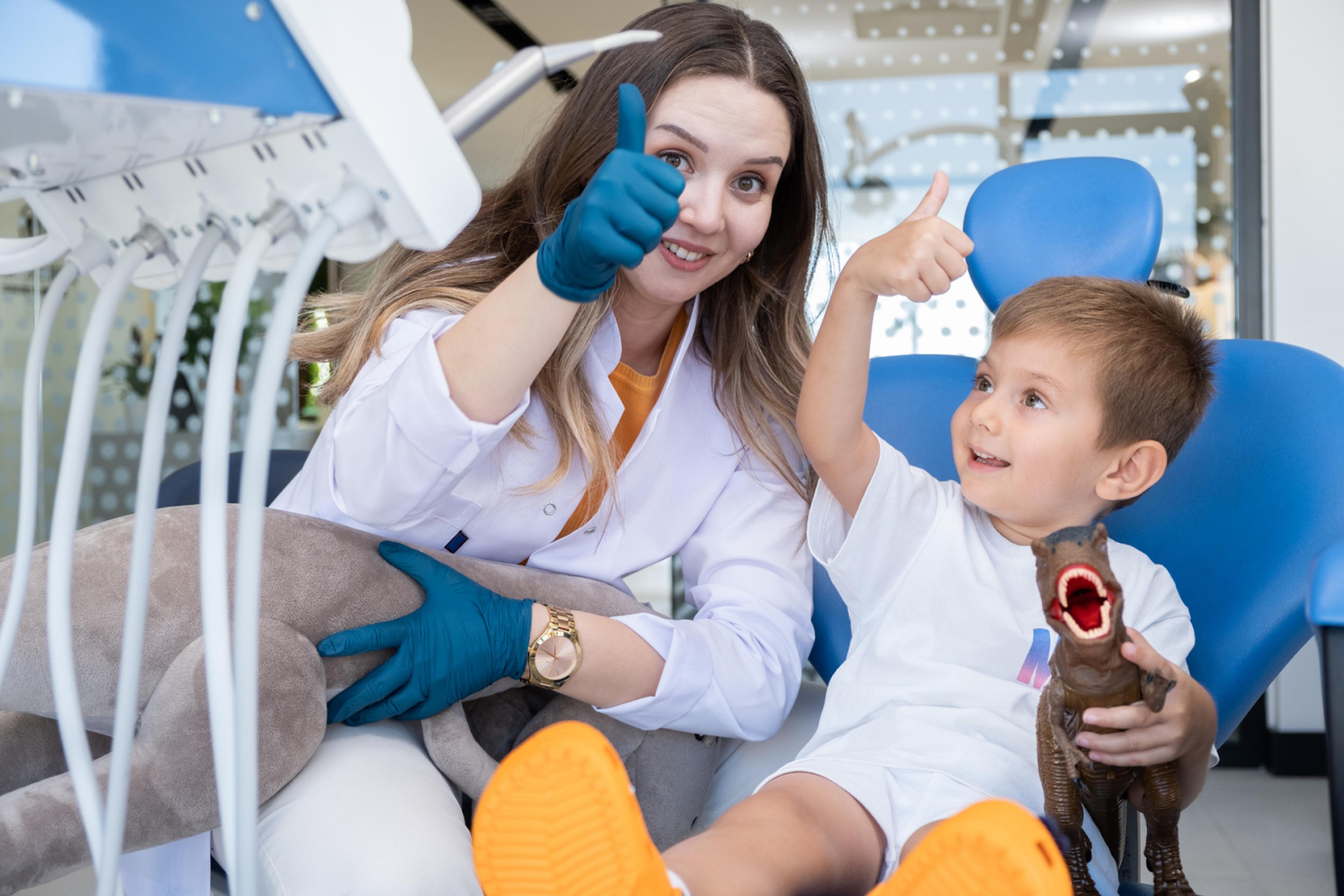
Table of Contents
Becoming a pediatric dentist requires advanced training after dental school. Residency programs provide an opportunity for dentists to deepen their knowledge and gain specialized expertise in treating children. This guide highlights the best pediatric dental residency programs in 2025 to help prospective residents choose the best fit for their educational and professional goals. Residency programs not only provide clinical experience but also give residents the opportunity to engage in research, develop treatment skills, and work in hospital dentistry settings.
It’s crucial to select a program that offers a balance of hands-on experience, research opportunities, and access to reputable faculty and institutions. Prospective residents should consider various aspects of pediatric dental residency programs, such as clinical experience, research opportunities, and the quality of faculty and facilities.
How Difficult Is It to Become a Pediatric Dentist?
Becoming a pediatric dentist is a rewarding but challenging journey that demands years of rigorous education and hands-on training. The path typically starts with completing an undergraduate degree, followed by dental school, where students earn their Doctor of Dental Medicine (DMD) or Doctor of Dental Surgery (DDS) degree, which is a dental medicine degree. After dental school, aspiring pediatric dentists must then complete a specialized pediatric dental residency program that lasts between 2 to 3 years. This residency includes advanced training in pediatric care, sedation techniques, oral surgery, and the management of medically complex patients.
What is Pediatric Dentistry?
Pediatric dentistry focuses on the oral care of children from infancy through adolescence. Pediatric dentists are experts in handling the unique dental needs of children, including preventive care, pediatric dentistry, orthodontics, sedation, and treatment of developmental oral issues.
Pediatric dental residency programs are designed to provide in-depth training in handling pediatric patients, including those with special needs, providing procedures under general anesthesia, and managing stress-free experiences for kids.
Factors to Consider When Choosing a Pediatric Dental Residency Program
Curriculum and Training
A well-rounded didactic curriculum coupled with clinical experience is key in a dentistry residency program. Look for programs that integrate both hands-on experience and theoretical knowledge in pediatric dental specialties such as orthodontics, oral and maxillofacial surgery, and endodontics.
Research Opportunities
Many programs offer strong research components, including opportunities to work in cutting-edge labs or contribute to pediatric dentistry innovations, which can influence the future of dental practices.
Clinical Experience and Facilities
Clinical experience is critical. Ensure the program offers access to hospitals or clinics specializing in children’s dental care, and that residents will work with a diverse range of pediatric patients, including those with special needs or complex conditions.
Location and Affiliation
Consider schools located near major hospitals or in regions with a diverse patient population. Programs like the University of Washington’s offer residents access to hospital dentistry rotations and clinics that focus on disabilities and psychological conditions.
Faculty and Mentorship
Strong faculty can provide valuable mentorship and guidance. Top faculty members with expertise in pediatric dentistry programs and specialized pediatric treatments are a key factor to consider.
Top 10 Pediatric Dental Residency Programs (2025)
| School Name | Location |
|---|---|
| Harvard School of Dental Medicine | Boston, MA |
| University of California, San Francisco | San Francisco, CA |
| Columbia University College of Dental Medicine | New York, NY |
| University of Michigan School of Dentistry | Ann Arbor, MI |
| University of Pennsylvania School of Dental Medicine | Philadelphia, PA |
| University of Washington School of Dentistry | Seattle, WA |
| University of Connecticut School of Dental Medicine | Farmington, CT |
| Tufts University School of Dental Medicine | Boston, MA |
| University of California, Los Angeles (UCLA) School of Dentistry | Los Angeles, CA |
| University of Texas Health Science Center at San Antonio | San Antonio, TX |
1. Harvard School of Dental Medicine
Harvard School of Dental Medicine (HSDM) is a top-tier institution offering a prestigious pediatric dental residency program that blends cutting-edge research with hands-on clinical training. The program prepares residents to handle a wide range of pediatric dental issues, from routine care to complex cases requiring oral and maxillofacial surgery. Residents receive specialized training in treating children with special health care needs, craniofacial anomalies, and other complex conditions. The program provides a holistic approach, with residents gaining valuable experience at Boston Children’s Hospital and other hospital settings. Key areas of focus include hospital dentistry, pediatric sedation, general anesthesia techniques, and pediatric restorative dentistry, ensuring residents are prepared for complex clinical situations.
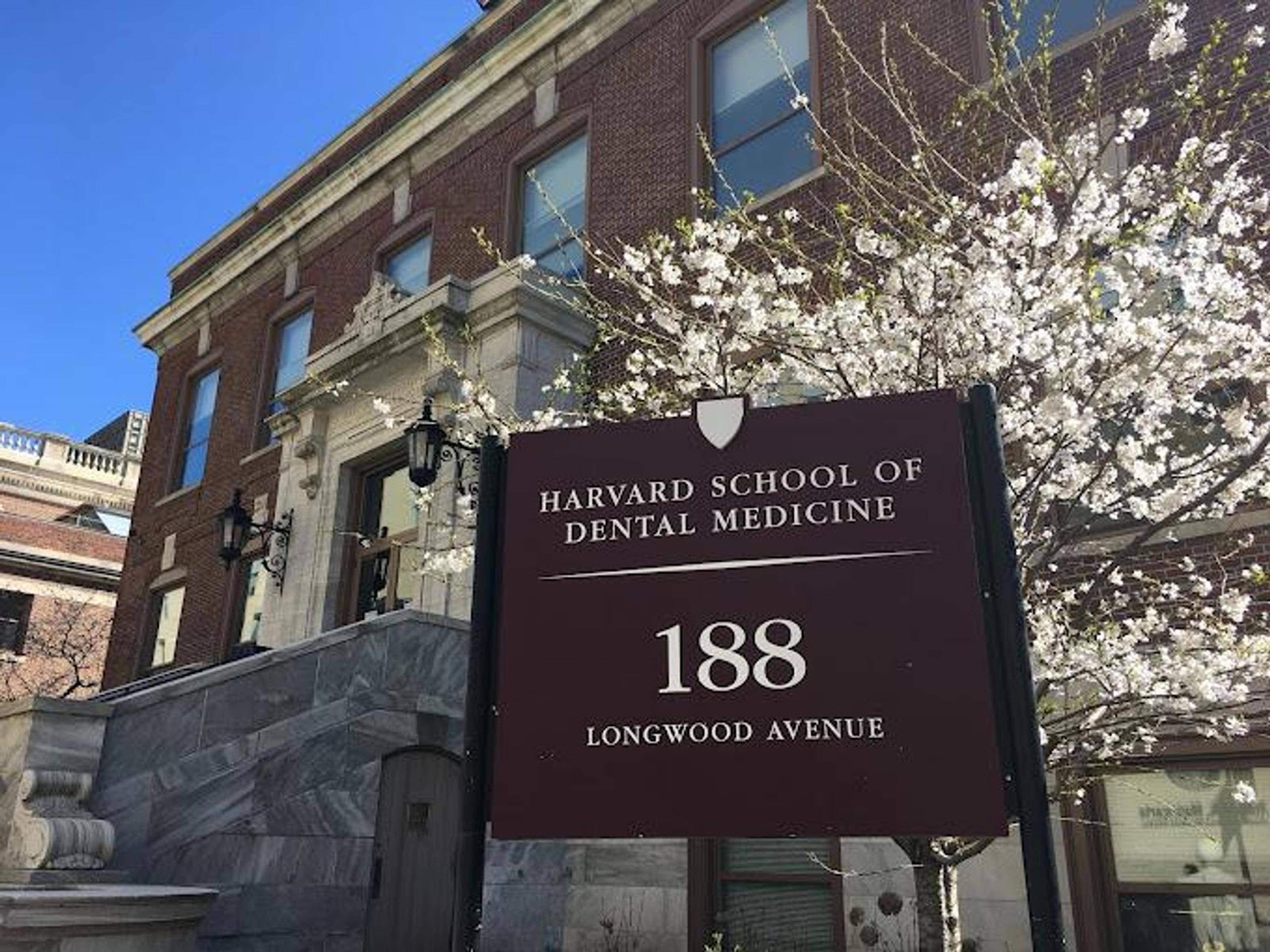
Sample Classes
- Pediatric Sedation Techniques: Focuses on safe and effective sedation protocols to ensure a stress-free experience for young patients.
- Cleft Lip and Palate Treatment: Covers treatment plans for children with craniofacial anomalies, including surgical and post-surgical care.
- General Anesthesia for Pediatric Dentistry: Prepares residents to administer and manage anesthesia for pediatric dental procedures.
- Pediatric Oral Health and Prevention: Emphasizes the importance of preventive care and oral health maintenance for children, including techniques for early intervention.
Professors of Note
- Dr. Isabelle I. Chase: A leader in developmental biology and pediatric care, Dr. Chase has a particular focus on children with special needs, providing expert insights on managing complex cases in the dental setting.
- Dr. Jane Smith: Specializing in hospital dentistry and trauma care, Dr. Smith plays a vital role in guiding residents through real-world scenarios, particularly in emergency pediatric dental care.
Clinics/Externships
- Boston Children’s Hospital Pediatric Dentistry Clinic: Residents have access to one of the world’s leading pediatric hospitals, gaining hands-on experience in pediatric dental care and complex treatments.
- 22-chair state-of-the-art clinic at Brookline Place: Offers ample opportunities for clinical practice in a modern, fully equipped setting.
- Children’s Hospital Rotations: Focused rotations with an emphasis on treating craniofacial anomalies and developmental medicine (e.g., autism, cerebral palsy) allow residents to broaden their scope of care and develop a deep understanding of children’s dental needs.
Research Opportunities
- HSDM offers extensive opportunities for pediatric dental research, with a particular focus on improving oral health outcomes for children. Residents can engage in groundbreaking research in areas such as preventive dentistry and the treatment of children with special needs, which helps shape the future of pediatric dental care.
Read:
- Harvard School of Dental Medicine: DMD Program and Application Overview
- Harvard School of Dental Medicine–Program and Application Overview
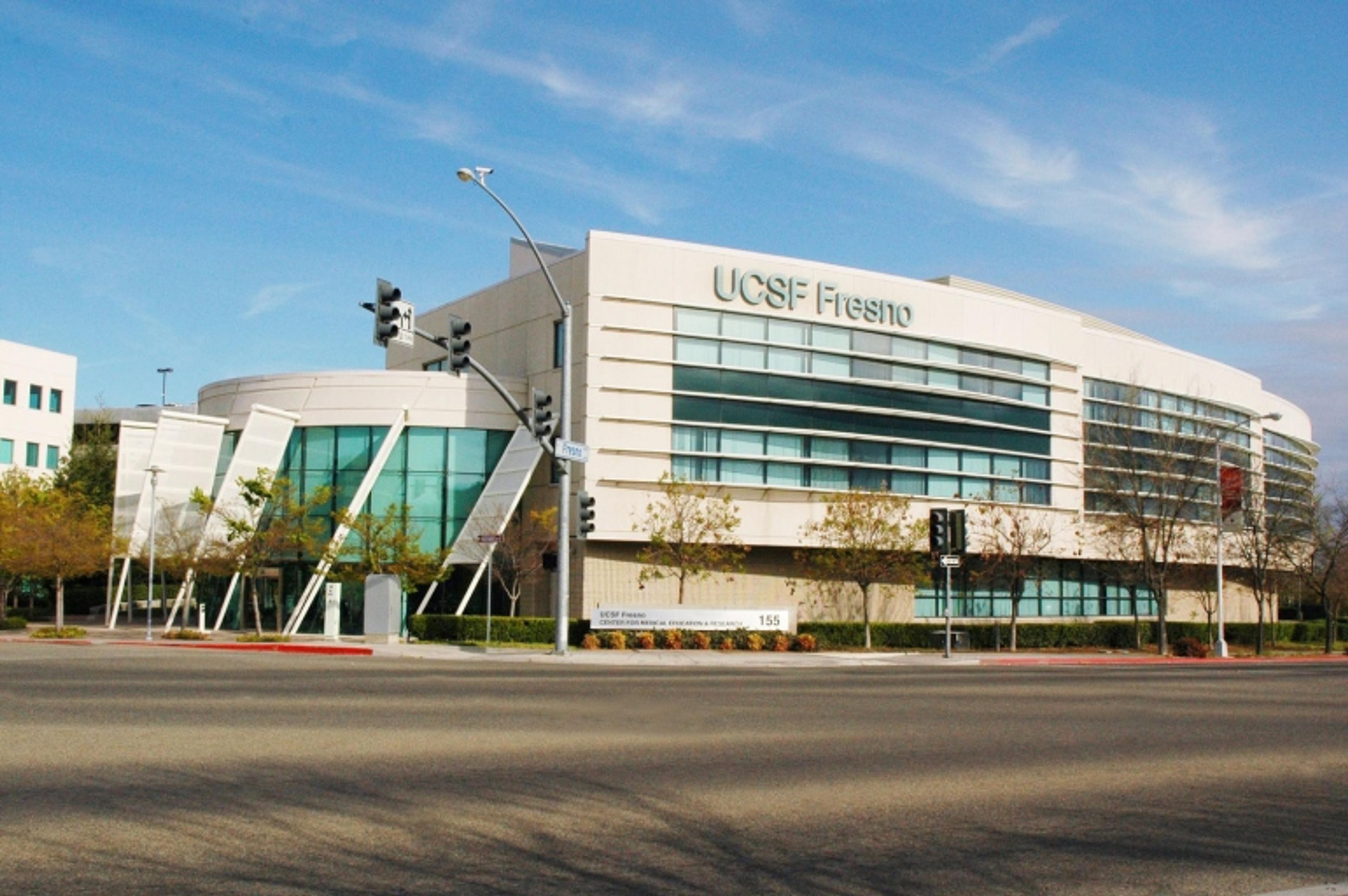
2. University of California, San Francisco (UCSF) School of Dentistry
UCSF offers a top-tier pediatric dental residency program, recognized for its clinical training and research opportunities in pediatric care. The program is integrated with the UCSF Medical Center, offering residents hands-on experience in hospital dentistry and pediatric sedation.
Sample Classes
- Pediatric Dentistry and Preventive Care
- Pediatric Oral Surgery and Sedation Techniques
- Orthodontics for Pediatric Patients
- Restorative Dentistry for Kids
Professors of Note
- Dr. Laura Jones: Expert in pediatric orthodontics and oral and maxillofacial surgery.
- Dr. Michael Green: Renowned for his work on pediatric sedation and hospital dentistry.
Clinics/Externships
- UCSF Benioff Children’s Hospital Pediatric Dentistry Department
- Specialized clinics treating children with disabilities and medical complexities.
Research Opportunities
- Access to groundbreaking research in pediatric oral health and biomedical innovations.
Read: UCSF School of Medicine: Acceptance Rate Overview (2024)

3. Columbia University College of Dental Medicine
Columbia University offers one of the most comprehensive pediatric dental residency programs. It emphasizes a strong foundation in clinical experience, including rotations at the Morgan Stanley Children’s Hospital, providing students with invaluable experience in a renowned children's hospital setting.
Sample Classes
- Pediatric Dental Treatment Planning
- Craniofacial Anomalies and Treatment Protocols
- Periodontics for Pediatric Patients
- Pediatric Orthodontics
Professors of Note
- Dr. Andrea Mitchell: Specializes in pediatric oral health and preventive care.
- Dr. Robert Lee: Expert in maxillofacial surgery and pediatric oral health care.
Clinics/Externships
- Morgan Stanley Children’s Hospital Pediatric Dentistry Program
- Rotations at NewYork-Presbyterian specialized clinics.
Research Opportunities
- Dedicated research in pediatric oral medicine and oral health care disparities.
Read: How to Get Into Columbia Dental School: Acceptance Rate, Requirements, & Tuition
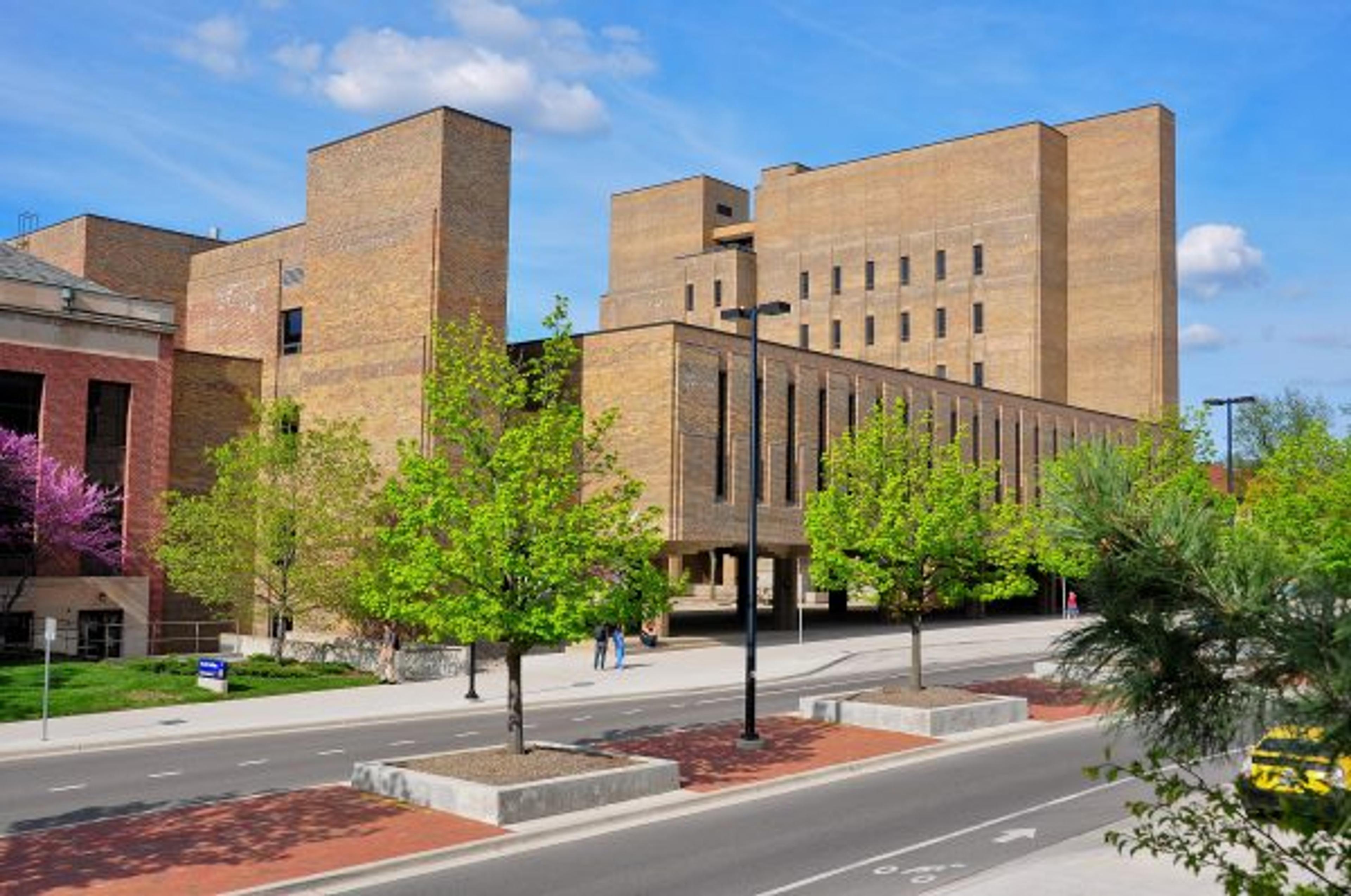
4. University of Michigan School of Dentistry
The University of Michigan’s pediatric dental residency program is highly regarded for its broad clinical experience, offering residents extensive training in pediatric dentistry, restorative procedures, and sedation techniques tailored for young patients. The program ensures that residents are well-prepared to handle a diverse range of pediatric cases, providing hands-on experience in both routine care and complex treatments. With a focus on pediatric sedation and oral health management, residents gain the skills needed to treat children in various clinical settings, ensuring a well-rounded education in pediatric dental care.
Sample Classes
- Pediatric Restorative Dentistry
- Pediatric Endodontics
- Sedation Dentistry for Pediatric Care
- Periodontics and Treatment for Children
Professors of Note
- Dr. Elizabeth Hargrave: Focus on pediatric sedation and general anesthesia in children.
- Dr. Peter Thompson: Specialist in restorative procedures and pediatric oral health.
Clinics/Externships
- University of Michigan Pediatric Dentistry Clinic
- Clinical rotations with special needs children and trauma care.
Research Opportunities
- Leading-edge research in pediatric oral health and treatment for children with special needs.
Read: University of Michigan School of Dentistry: An Overview of Admissions Requirements
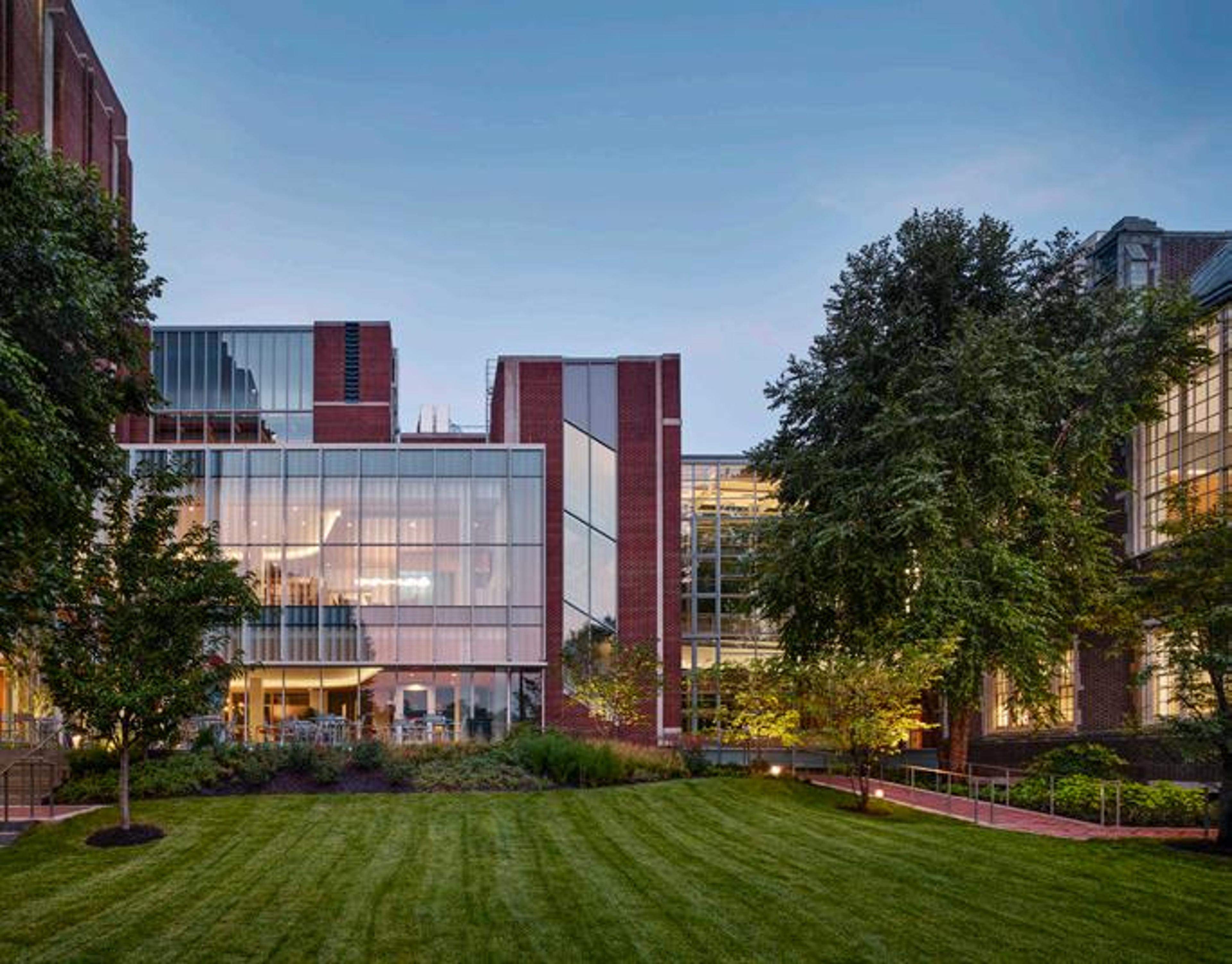
5. University of Pennsylvania School of Dental Medicine
The University of Pennsylvania’s pediatric dental residency program combines advanced dental education with valuable clinical rotations at leading children’s hospitals. This integration provides residents with hands-on experience in treating pediatric patients across various specialties, making it a highly regarded option for those seeking comprehensive training in pediatric dentistry. The program emphasizes both clinical skills and research opportunities, preparing residents to handle a wide range of pediatric dental issues with expertise and confidence.
Sample Classes
- Pediatric Sedation Dentistry
- Orthodontics in Pediatric Care
- General Anesthesia for Children’s Dental Procedures
- Preventive Dentistry and Child Oral Health
Professors of Note
- Dr. Alicia Watson: Expert in pediatric sedation and preventive dentistry.
- Dr. Steven Harris: Specialist in pediatric orthodontics and maxillofacial surgery.
Clinics/Externships
- Rotations at Children’s Hospital of Philadelphia
- Experience in general anesthesia and pediatric trauma care.
Research Opportunities
- Opportunities to contribute to innovative pediatric dental research, particularly in preventive care and oral surgery.
Read: University of Pennsylvania School of Dental Medicine
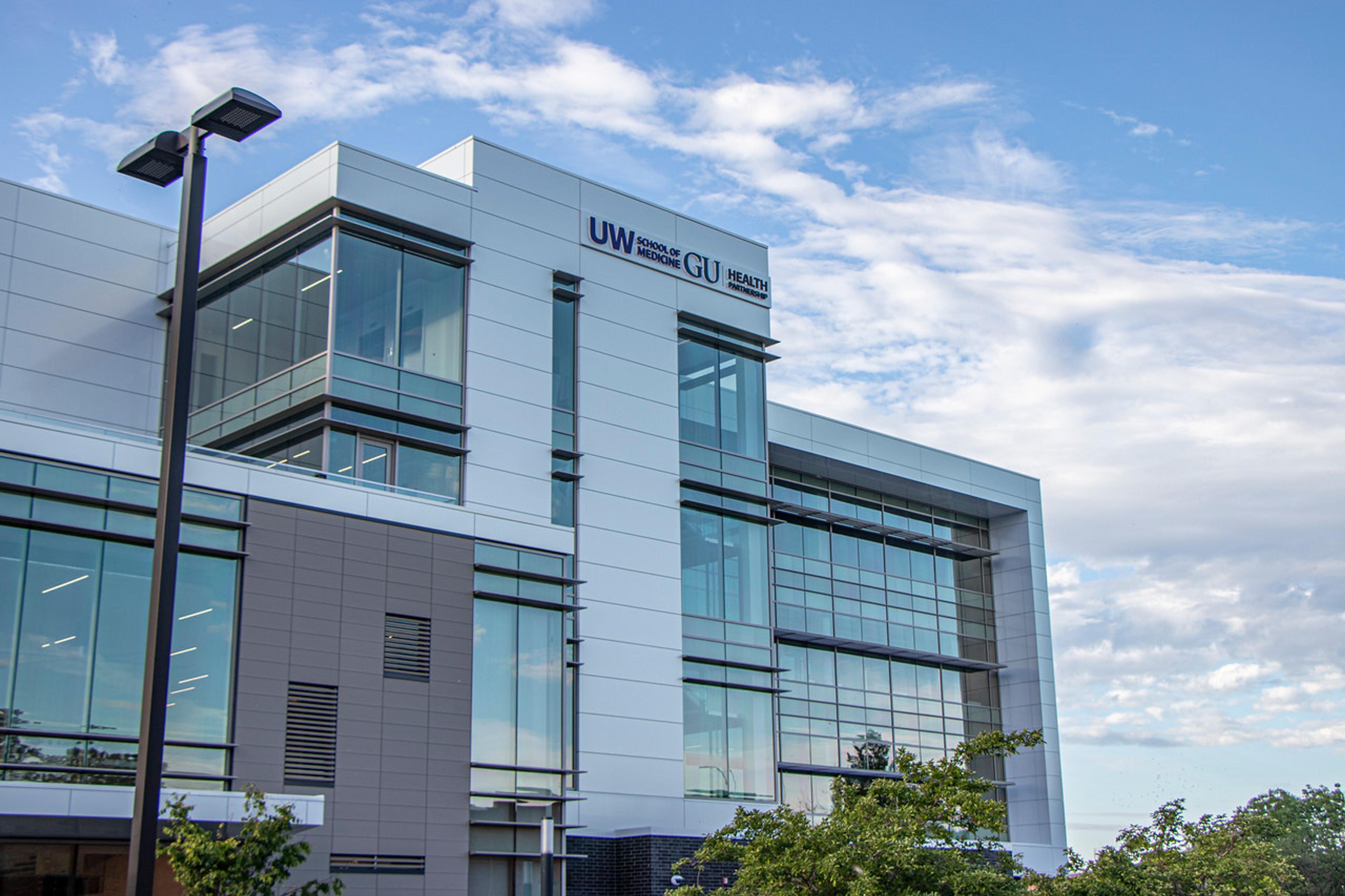
6. University of Washington School of Dentistry
The University of Washington’s pediatric dental residency program is known for its strong emphasis on hospital dentistry, equipping residents with the skills needed to treat medically complex children. The program provides extensive clinical training in various hospital settings, including rotations at Seattle Children's Hospital, allowing residents to gain hands-on experience with pediatric patients who have special health care needs. With a focus on multidisciplinary care, the program prepares residents to manage complex cases and provide comprehensive dental care to children with diverse medical conditions.
Sample Classes
- Hospital Dentistry for Pediatric Patients
- Pediatric Endodontics and Orthodontics
- Advanced Restorative Dentistry for Kids
- Sedation Dentistry for Pediatric Care
Professors of Note
- Dr. Sarah Whitaker: Specialist in hospital dentistry and trauma care for pediatric patients.
- Dr. Mark Daniels: Expert in pediatric restorative dentistry.
Clinics/Externships
- Rotations at Seattle Children’s Hospital and specialized pediatric clinics.
Research Opportunities
- Research focuses on medically complex pediatric patients and innovations in dental sedation techniques.
Read: University of Washington School of Dentistry: An Overview of Admissions Requirements
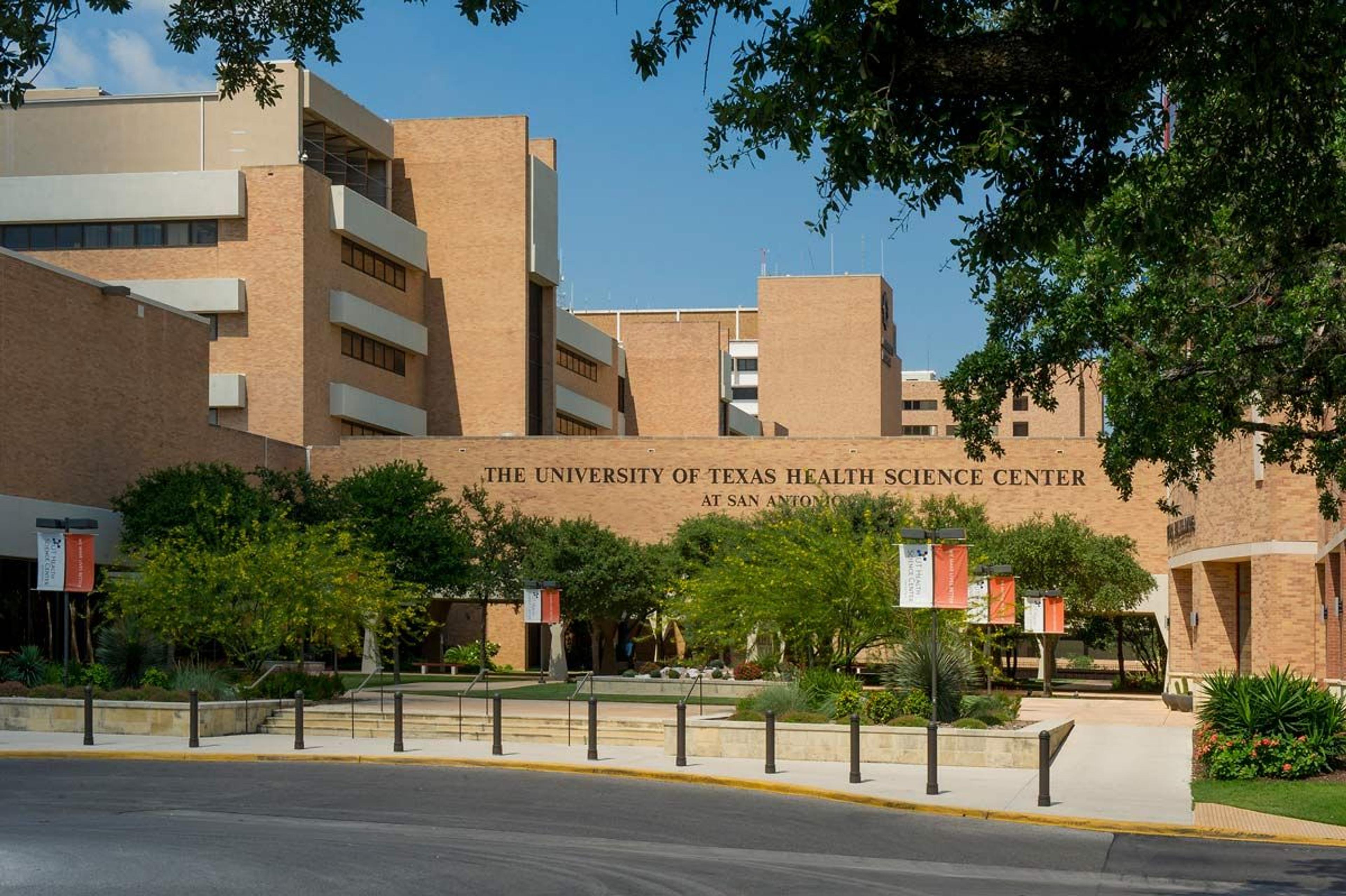
7. UT Health Science Center at San Antonio
The University of Texas Health Science Center at San Antonio (UT Health San Antonio) offers a comprehensive 24-month Pediatric Dentistry Certificate program, with an optional Master of Science in Dentistry (MSD) degree. This program is designed to provide advanced students with a balanced curriculum encompassing both didactic and clinical areas. Emphasis is placed on hospital dentistry, conscious sedation, interceptive orthodontics, and special patient care. Residents gain extensive clinical experience in restorative dentistry, behavior management, and the treatment of medically compromised patients. Hospital rotations include general anesthesia, pediatric emergency room, and pediatric medicine. The program is administered by the Department of Developmental Dentistry and is approved and accredited by the Commission on Dental Accreditation. Upon successful completion of all requirements, students are awarded a Certificate in Pediatric Dentistry and meet the eligibility requirements for the American Board of Pediatric Dentistry.
Sample Classes
- Pediatric Restorative Dentistry and Sedation
- Oral Surgery for Pediatric Patients
- General Anesthesia in Pediatric Care
- Periodontics and Preventive Care
Professors of Note
- Dr. Jennifer Smith: Expert in pediatric sedation and restorative dentistry.
- Dr. Thomas Wilson: Focuses on pediatric oral surgery and maxillofacial surgery.
Clinics/Externships
- Clinical training at the University Health System Pediatric Dentistry.
Research Opportunities
- Focus on clinical pediatric dentistry and special needs care.

8. Tufts University School of Dental Medicine
Tufts University offers a comprehensive pediatric dental residency program that emphasizes extensive clinical experience and hands-on training in pediatric care. The program includes specialized education in preventive and therapeutic treatments for children, including those with special health care needs. Residents gain practical experience through rotations at Tufts Medical Center, Franciscan Hospital for Children, and Cotting School, among others. The program spans 24 months and prepares residents for the American Board of Pediatric Dentistry examination, ensuring they are equipped to handle a wide range of pediatric dental cases.
Sample Classes
- Pediatric Orthodontics
- Sedation Dentistry for Pediatric Patients
- Pediatric Endodontics and Restorative Procedures
- Craniofacial Anomalies and Treatment
Professors of Note
- Dr. Anne Carson: Specializes in pediatric sedation and oral health.
- Dr. Michael Armstrong: Expert in restorative pediatric dentistry and orthodontics.
Clinics/Externships
- Tufts Pediatric Dentistry Clinic and rotations at local children’s hospitals.
Research Opportunities
- Opportunities to participate in clinical research for pediatric oral health and preventive care.

9. UCLA School of Dentistry
UCLA offers a pediatric dental residency program that emphasizes pediatric sedation, trauma care, and general anesthesia for young patients. Residents gain hands-on experience in managing complex pediatric cases through rotations at UCLA’s hospitals and clinics. The program provides specialized training in pediatric restorative care, oral health, and behavior management, ensuring that residents are well-prepared to handle a wide range of pediatric dental needs.
Sample Classes
- Pediatric Sedation Dentistry and Restorative Procedures
- Orthodontics for Pediatric Patients
- Pediatric Oral Surgery
- Periodontics in Pediatric Care
Professors of Note
- Dr. Rachel Lee: Specialist in pediatric trauma care and oral surgery.
- Dr. John Peterson: Expert in pediatric sedation and preventive care.
Clinics/Externships
- Rotations at UCLA Pediatric Dentistry Clinic and Santa Monica Children’s Hospital.
Research Opportunities
- Research focused on pediatric oral health and innovative treatment procedures.
Read:
- UCLA School of Dentistry – Acceptance Rate (2024)
- UCLA Dental School: Application Requirements, Acceptance Rates, and How to Get In
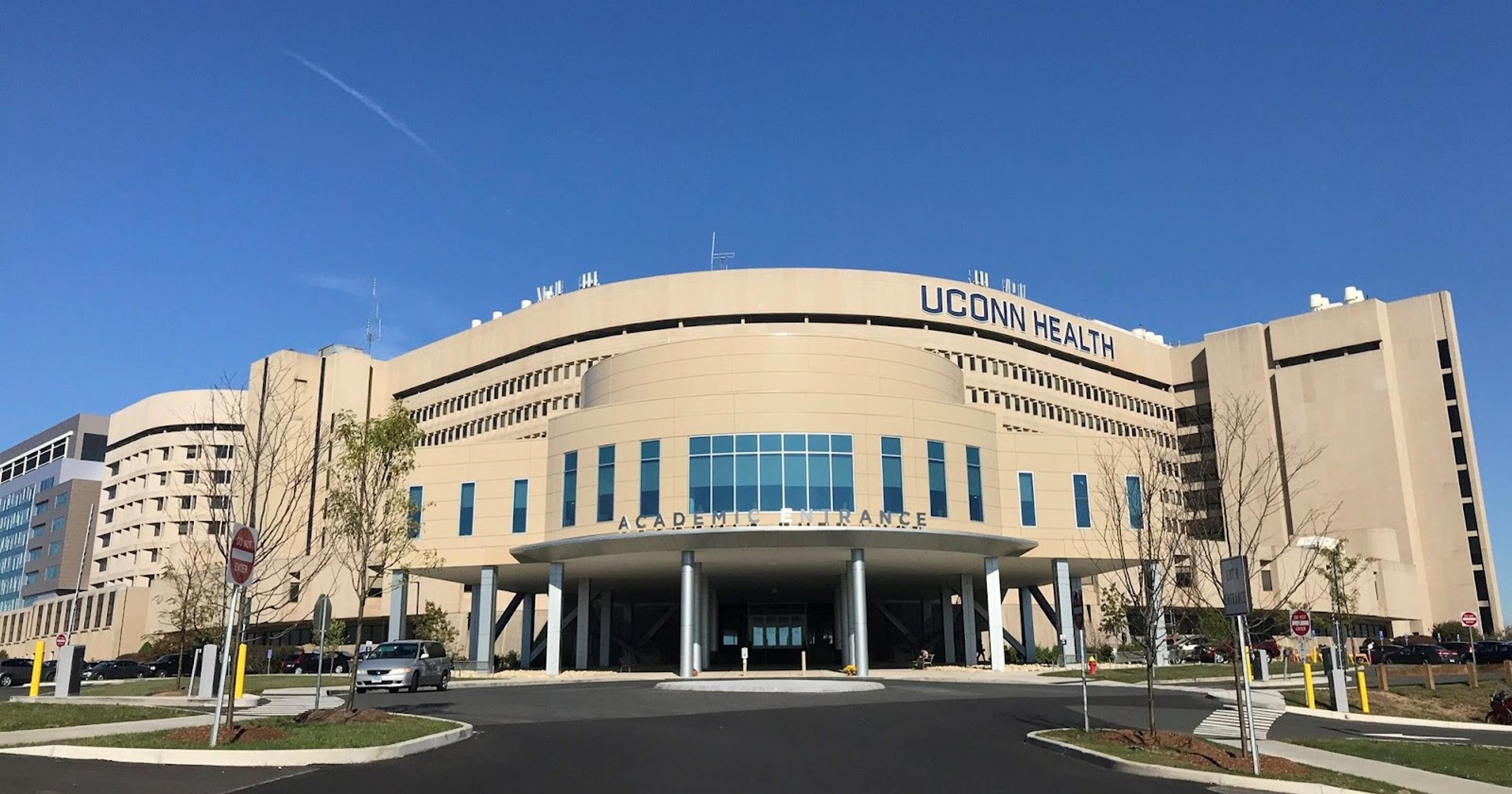
10. UConn School of Dental Medicine
The University of Connecticut (UConn) offers a 24-month pediatric dental residency program designed to prepare residents for patient care in both private practice and hospital settings. The program provides extensive clinical experience in treating healthy, medically compromised, and developmentally disabled children, with rotations at Connecticut Children's Medical Center and UConn Health facilities. Residents engage in a comprehensive curriculum that includes didactic courses in sedation, oral histology, craniofacial development, and advanced pediatric dentistry, alongside hands-on clinical training. The program emphasizes leadership development, research, and interdisciplinary collaboration, equipping residents with the skills needed to manage complex pediatric dental cases effectively.
Sample Classes
- Pediatric Sedation Dentistry and Restorative Procedures
- Pediatric Endodontics and Orthodontics
- General Anesthesia for Pediatric Care
Professors of Note
- Dr. Sarah Brown: Expert in pediatric sedation and restorative care for children.
- Dr. Jennifer Clark: Focus on oral health and preventive care.
Clinics/Externships
- UConn Pediatric Dentistry Clinic and clinical rotations in children’s hospitals.
Research Opportunities
- Research into oral health disparities and innovative pediatric treatments.
How to Get Into the Best Pediatric Dental Residency Programs
Application Process Overview
The application procedure for pediatric dental residency programs is highly competitive, requiring strong academic qualifications. Ensure your GPA and Dental Admission Test (DAT) scores meet the specific standards of the programs you’re targeting. In addition to these academic requirements, programs will consider other factors such as shadowing hours, clinical experience, and letters of recommendation. Be prepared to submit your application through platforms like ADEA PASS and meet the specific deadlines set by each program.
Building a Strong Application
To stand out in the competitive selection process, highlight your commitment to pediatric dentistry by showcasing relevant experiences. Demonstrate your practical experience working with children, especially those with special needs, through shadowing or clinical internships. Additionally, emphasize your ability to work in a high-pressure environment, such as handling trauma cases or managing pediatric sedation. Strong letters of recommendation from faculty, mentors, or professionals in pediatric care will also strengthen your application. Applicants should contact consulting services or specific individuals for guidance and support in the application process.
Additional Information
Tuition and Financial Aid
Tuition rates for pediatric dental residency programs can vary significantly between schools. Many programs offer financial aid or stipends to help offset the costs. Be sure to explore available scholarship opportunities and financial assistance programs offered by each school. It's also helpful to inquire about any funding options, including research or teaching assistantships, that may be available to residents.
Residency Length and Structure
Most pediatric dental residency programs last between 2 to 3 years, starting after graduation from dental school. These programs typically combine classroom-based learning with clinical rotations, allowing residents to gain hands-on experience in pediatric dental care. In addition to clinical training, many programs offer research opportunities to allow residents to contribute to advancements in pediatric dentistry. This structure ensures that residents are well-equipped to handle the diverse challenges of pediatric dental practice.
The Bottom Line
Becoming a pediatric dentist is a challenging yet rewarding career path that requires a combination of strong academic performance, extensive clinical training, and hands-on experience with pediatric patients. Community engagement is also crucial, with many top programs emphasizing involvement in community dental clinics and community service projects. The best pediatric dental residency programs provide residents with a well-rounded education, offering opportunities to gain specialized skills in pediatric care, sedation techniques, hospital dentistry, and managing complex cases.
When choosing a residency program, it’s crucial to consider factors like the curriculum, clinical experience, faculty mentorship, and research opportunities. While admission to these top programs is competitive, with careful preparation and a commitment to pediatric dentistry, aspiring residents can gain the expertise needed to excel in this rewarding field and make a lasting impact on children’s oral health.
Get Expert Help for Your Pediatric Dental Residency Application
The competition for pediatric dental residency programs is tough, but with the right support, you can increase your chances. An expert coach provides personalized guidance to help you with your application, personal statement, and interview prep. Applicants should search for expert coaches who can provide personalized guidance and support.
Related Resources:
- How Much Does It Cost to Go to Dental School (2025)
- How to Get Into Dental School: 5 Things to Do
- The 10 Best Orthodontist Schools for Residency Programs
- The Top 10 Dental Schools for Orofacial Pain
- The Top 10 Schools for Restorative Dentistry
- The Top 10 Schools for Geriatric Dentistry
FAQs
What is the best pediatric dental residency in the US?
- The best pediatric dental residency programs in the US are typically offered by institutions like Harvard School of Dental Medicine, UCSF School of Dentistry, and Columbia University College of Dental Medicine. These programs are highly regarded for their comprehensive training, clinical rotations at renowned hospitals, and opportunities for research in pediatric dentistry.
What is the best pediatric residency program?
- The best pediatric residency programs are those that offer strong clinical exposure, specialized training in managing pediatric sedation, trauma care, and hospital dentistry. Harvard, UCSF, and the University of Michigan are often ranked among the top for their well-rounded curricula and exceptional clinical experiences.
What is the most competitive dental residency?
- The most competitive dental residencies are typically in highly specialized fields like oral surgery, orthodontics, and pediatric dentistry. Among pediatric programs, institutions like Harvard School of Dental Medicine and UCSF School of Dentistry are considered particularly competitive, with low acceptance rates and high academic standards.
What is the rule of 7 in pediatric dentistry?
- The Rule of 7 in pediatric dentistry refers to the timing of certain developmental milestones in children's oral health. It suggests that children should have their first dental visit by age 7, and it also emphasizes key dental stages such as the eruption of primary teeth, mixed dentition (both baby and permanent teeth), and the alignment of teeth as they grow. This guideline helps ensure early detection and intervention for dental issues.


